Christian beliefs have always been a core part of American culture. It was, after all, a group of Protestant pilgrims who boarded the Mayflower in search of a new world to practice their faith.
America has also always tried to be a nation where freedom of expression is a core tenet and, crucially, one where there is a separation between church and state. Here are the ways Christian beliefs are bleeding into modern culture and politics, for good or ill.
Educational Reform

There are many Christians who support educational reforms that push for a more faith-centric education system, supporting prayer in school and the teaching of creation as a viable, contemporary theory parallel to modern scientific understanding.
While a spiritual education is obviously an important part of full and proper development for many, there are those who fear that skewing teaching too far toward old ideas around faith and teaching the Bible as a literal interpretation of events could negatively impact the quality of education significantly.
Support for Israel

The Israel/Palestine conflict is deeply complex, mired in decades of geopolitical tension and violence. At its heart, though, is religion.
Religion informs the stance of many Americans on Israel. Many Christians support Israel, viewing the nation as the fulfillment of biblical prophecy. Many politicians advocate strong U.S.-Israel relations, but critics fear that such faith-based support results in a lack of critical thinking regarding the conflict, Israeli policies and the plight of Palestinians.
Traditional Marriage

Certain traditions and institutions evolve with the changing times. Some more conservative elements resist such changes, clinging to tradition. So it is with marriage.
Many Christians and Christian groups advocate that only a traditional marriage between a man and a woman should be recognized as legitimate, quoting the Bible as justification for their view on this contentious political and social issue.
Human Rights
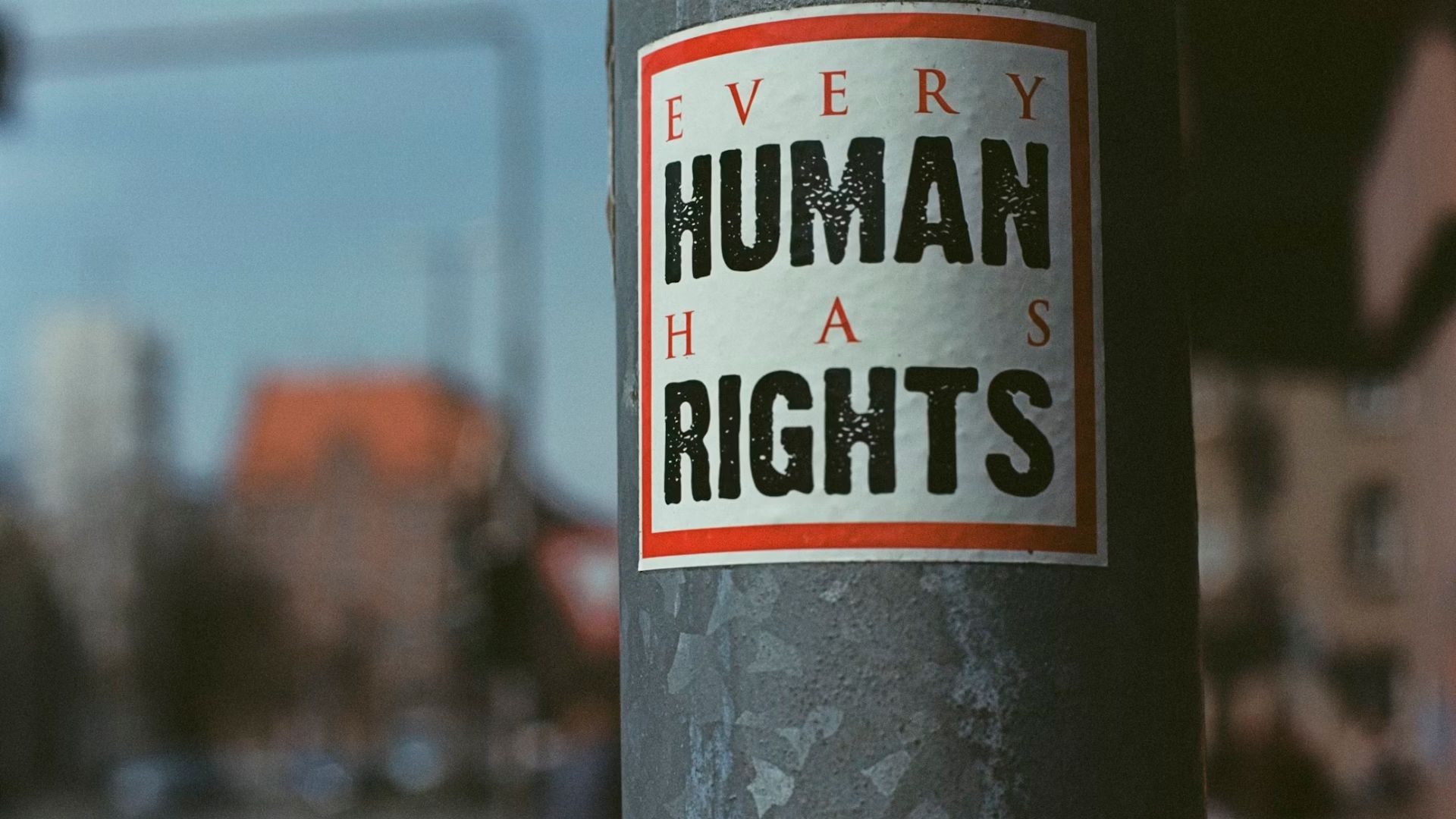
Human rights are an important part of today’s society. Without them, many groups and individuals would struggle to assert their place and be accepted. Human rights have developed over time, such as women’s right to vote and the end of segregation in the 20th century.
These rights are believed to have stemmed from the Bible. For example, Matthew 7:12 states, “Whatever you wish that others would do to you, do also to them, for this is the Law and the Prophets.” This essentially means treating people as equals and not giving one group more rights than another.
Declaration of Independence
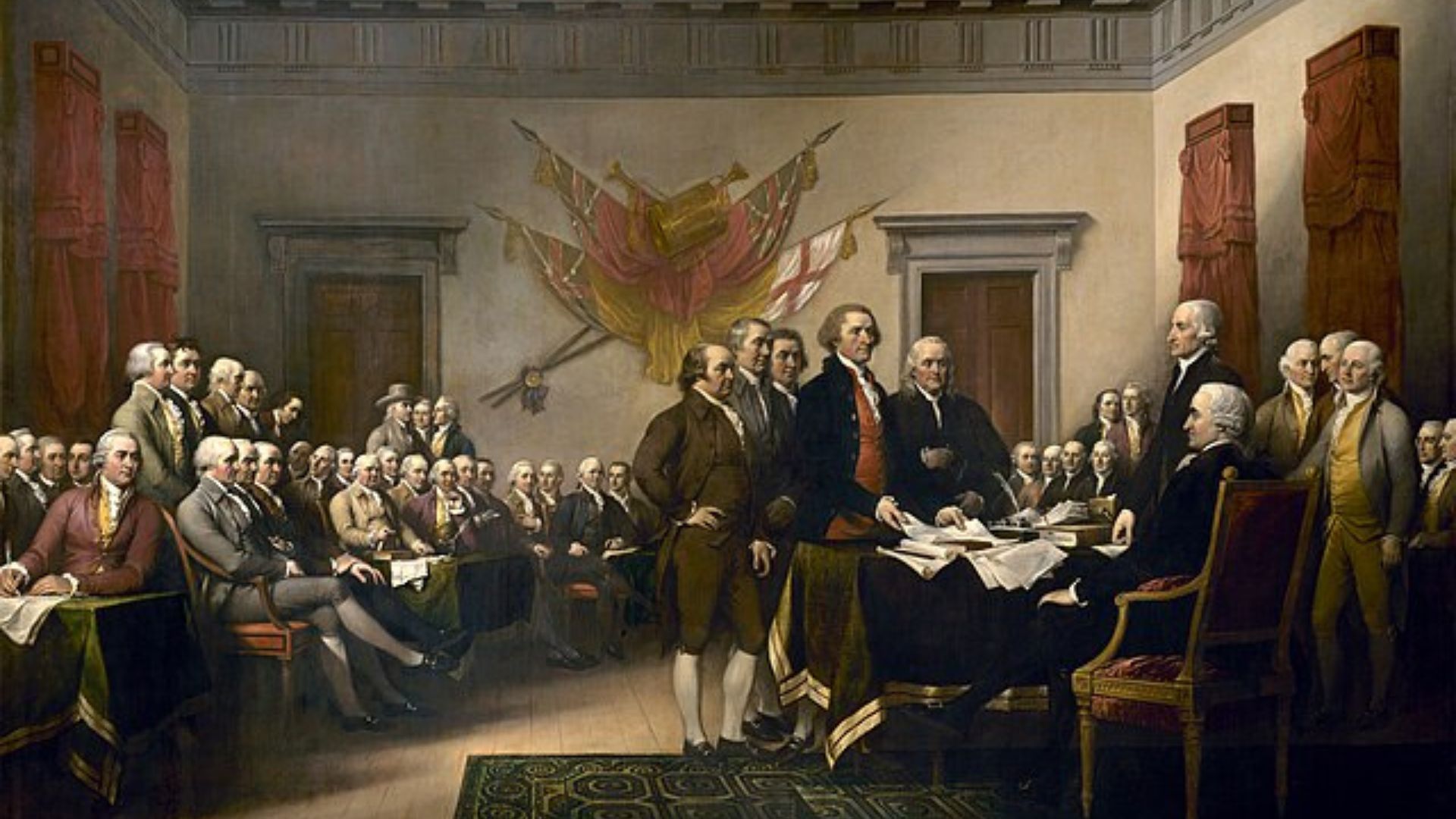
The Declaration of Independence is a very important document, as everything in modern America is based on it. However, it contains many Biblical principles that suggest it was based on Christianity and the Bible.
This includes innate human dignity, the right to self-governance, and the right to seek redress. For example, the Declaration states, “It is the Right of the people to abolish [and] institute new Government.” In comparison, Exodus 18:21 says, “Select capable men from all the people… and appoint them as officials.”
The U.S. Constitution
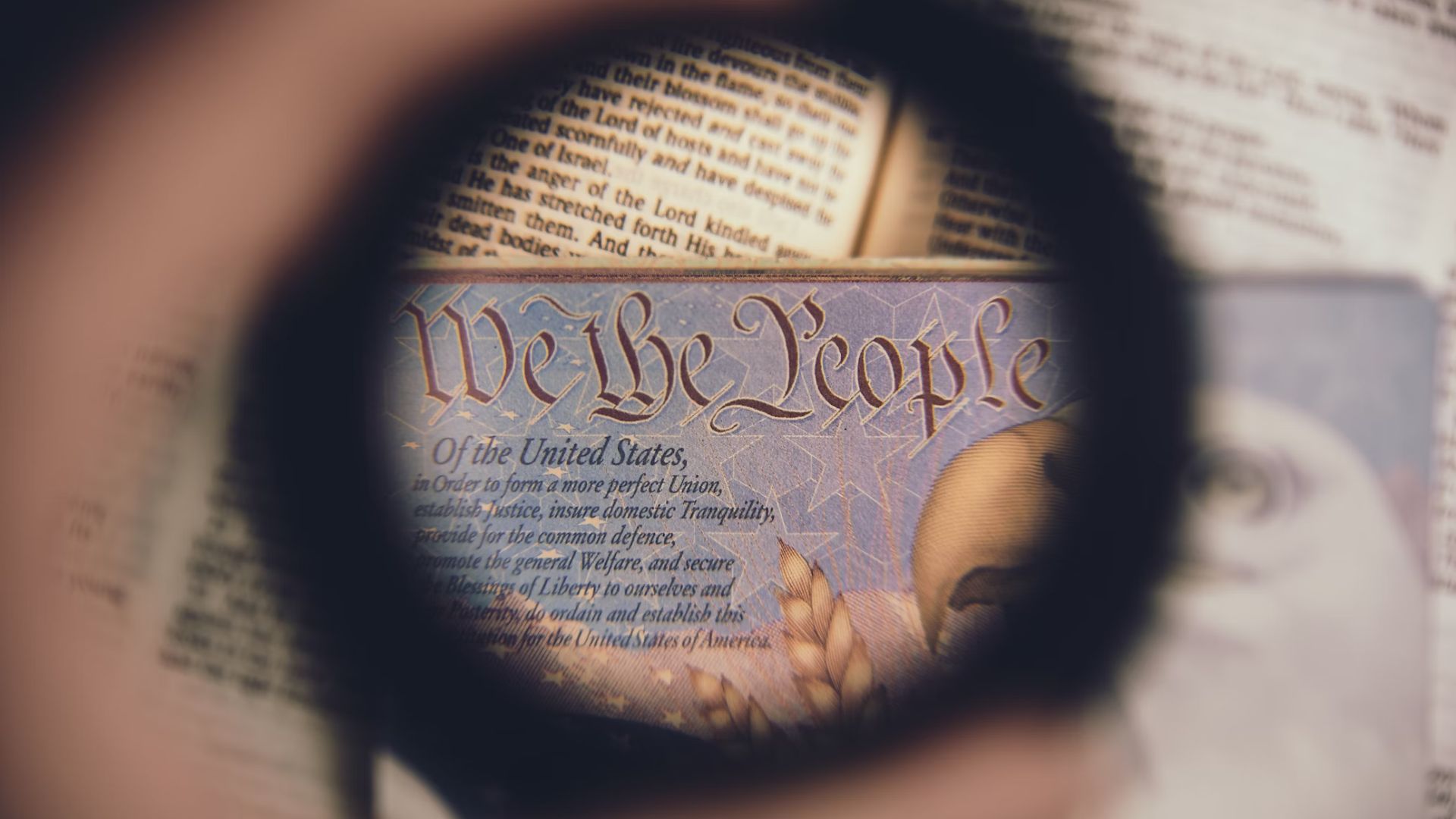
Christianity was strong in the U.S. during the drafting of the U.S. Constitution. Many believe that Christianity is the model the Founding Fathers used to create the Constitution.
Civil authorities must obey the Constitution and uphold its principles while in office. This is similar to the Bible, where civil authorities and kings obeyed God’s law and upheld his principles during their rule.
The First Amendment

The First Amendment states that “Congress shall make no law respecting an establishment of religion.” This means that the government cannot influence religion and that religious groups can practice their faith without federal restrictions.
However, many are claiming that the Supreme Court is putting Christians’ First Amendment rights ahead of others. One such example was the 2023 ruling in 303 Creative v. Elenis, where the court ruled that a businessperson doesn’t have to create art that violates their religious beliefs, which in this case was a wedding website for a same-sex ceremony.
The Second Amendment

Interestingly, many Christian groups staunchly defend the Second Amendment right to bear arms in a demonstration of how some more conservative Christian groups have strong political affiliations.
Critics argue that such a focus on advocating weapons for “self-defense” opposes and overshadows the more basic biblical teachings calling for peace and the prevention of violence.
Economic Policy

Christians and Christian politicians, like Senator Mitch McConnell, often support free-market economic policies.
They argue that these policies align with the Christian belief in hard work and personal responsibility. Others feel such economic views in fact ignore the Christian mandate described in Proverbs to provide care for the poor, marginalized and disadvantaged.
‘In God We Trust’

If you look at any currency or some government buildings, you will see “In God We Trust” somewhere along them. This all started with the Civil War, with M.R. Watkinson, a Pennsylvanian clergyman, encouraging the phrase’s placement on coins.
Despite disappearing from coins, the phrase reappeared in the 1950s and has remained on coins and paper money ever since. In 1956, “In God We Trust” was adopted as the first official U.S. motto, and it continues to affirm the importance of God and Christianity in the U.S. today.
The Liberty Bell
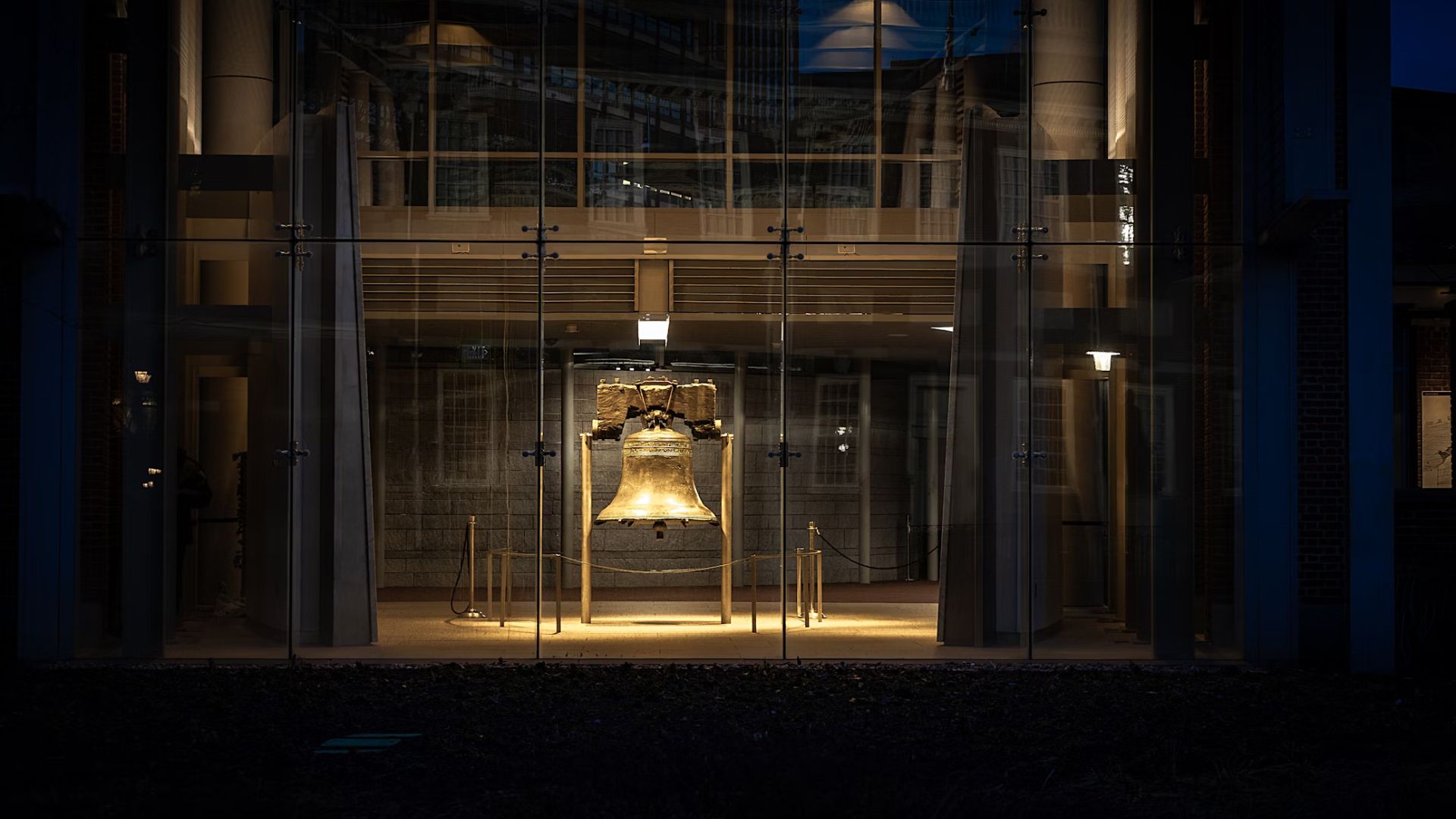
The Liberty Bell is one of the most famous symbols of American freedom. Many might not realize that the bell has some Biblical stripture around its lower frame.
This scripture is from Leviticus 25:10 and states, “Proclaim LIBERTY throughout all the land unto all the inhabitants thereof.” Christians view Jesus as a sign of freedom, and as Christian values were deeply rooted in American culture at the time that the U.S. gained independence, it makes sense for this scripture to be engraved in America’s most famous symbol of freedom.
Republicans Rely on Christians

The Republican Party strongly relies on Christians for support, especially when it comes to voting. Many prominent Republican figures are often found to quote the Bible or reference their faith when giving a speech.
Former Vice President Mike Pence has said that “God is not done with America yet,” with South Carolina Senator Tim Scott adding, “Our nation was founded upon the Judeo-Christian values that [have] made this the greatest nation on God’s green Earth.” One study found that 59% of voters who frequently attend religious services supported Donald Trump in the 2020 election, which shows that Christianity is a good way to unite the Republican Party and its supporters.
Difficulties With Sex Education

Effective sex education during young people’s development is crucial to making sure they’re properly informed and prepared to make safe decisions as they enter sexual maturity.
Christians often oppose comprehensive sex education, instead favoring initiatives like abstinence-only programs that can leave young people dangerously uninformed. This opposition will quote Bible verses to support their ultra-conservative approach to sex education.
Prosperity Gospel

Prosperity gospel is an interesting part of Christian culture in America. Promoted primarily by televangelists, it teaches that religious faith can lead to financial prosperity.
Some feel this teaching that the reward of material gain is somehow the will of God somewhat distorts gospel teachings about the call to humility and service. Indeed, greed is often painted as a sin that “steals from life’s better joys.”
The Fourth Commandment

In the Bible, the Fourth Commandment is in Exodus 20:8-11. It states, “Remember the Sabbath day, to keep it holy. Six days you shall labor and do all your work, but the seventh day is the Sabbath of the LORD your God.”
This is relevant to the typical American working week today. Even though the modern working week tends to be five days and then resting for two, Americans used to work six days a week and rest for one. Many believe that this working schedule was based on the Fourth Commandment.
The Seventh Commandment

The Seventh Commandment is in Exodus 20:14 and states, “You shall not commit adultery.” In today’s society, cheating on your partner is frowned upon by many.
It doesn’t just lead to losing your partner, as many friends and family members will stop or limit spending time with someone who is a cheater. It is especially seen as wrong to cheat on the person you are married to, as that is when you have made a commitment to your husband/wife in front of witnesses (and God in some cases) to stay with that person forever.
The Ninth Commandment

The Ninth Commandment can be seen as an important part of American law. This commandment is found in Exodus 20:16 and states, “You shall not bear false witness against your neighbor.” This is because God doesn’t like people lying, something that reflects American law.
This concerns perjury, which is the element of giving a false testimony while under oath in a court of law. This is a punishable offense, as it can mislead the jury and the trial outcome.
LGBTQ+ Rights

Love and acceptance are a part of Biblical teachings. The Golden Rule is to “love thy neighbor as thyself.” In modern America, your neighbor comes in all shapes and sizes.
Despite this core teaching of love and acceptance, many Christian groups oppose LGBTQ+ rights, typically quoting Bible passages like Romans 1:26-27 to support their prejudices.
The Euthanasia Debate and the Sanctity of Life

Many prominent Christian figures strongly oppose euthanasia and assisted suicide in any circumstance, viewing life as sacred. Some try to use religious belief on the matter to inform legislation.
Despite this advocacy of the sanctity of life, there are also Christian conservatives who find a way to use the Bible to justify support for capital punishment. There seems to be an identity crisis in some circles of Christianity, where they muster the cognitive dissonance to advocate that life is sacred in all circumstances, until it apparently isn’t.
The Pro-Life Movement
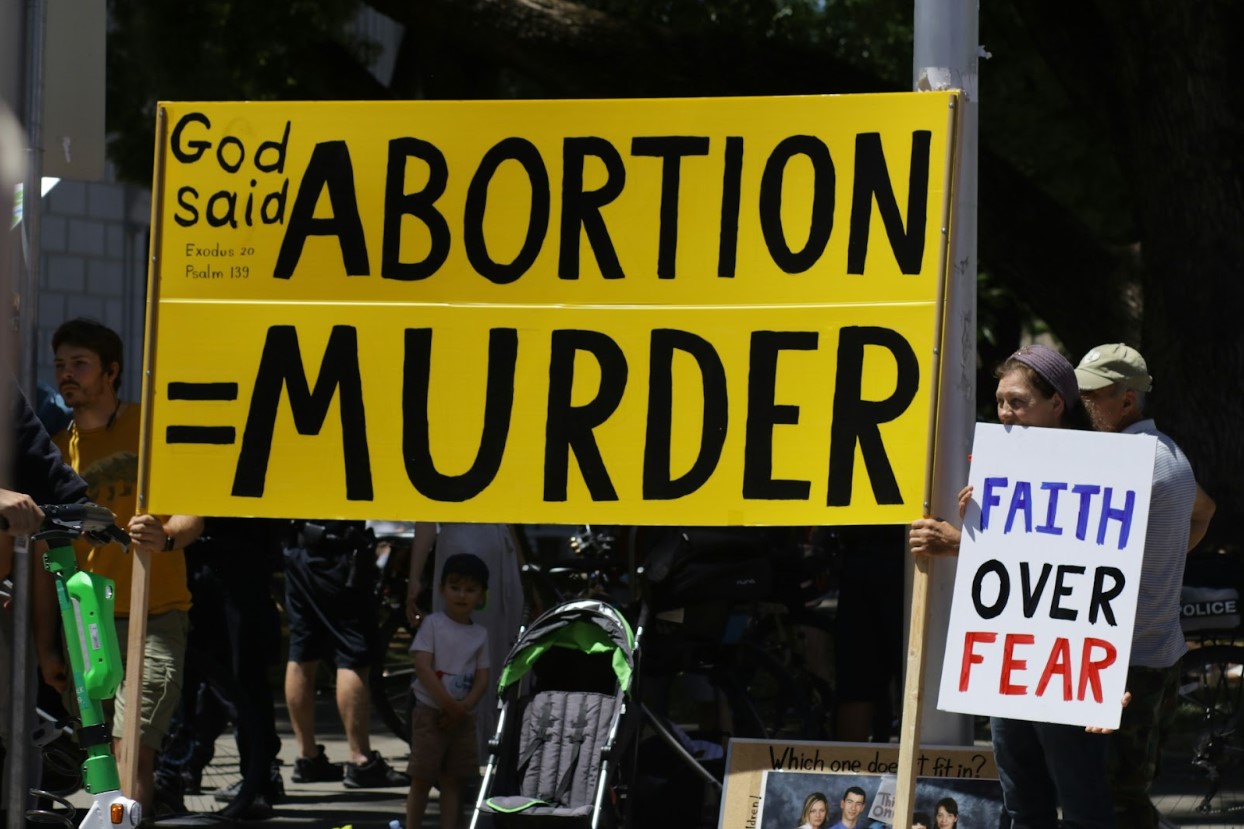
In a similar vein, many American Christians are avid supporters of the pro-life movement, again quoting the sanctity of life as the basis of opposition to abortion, arguing that life begins at conception.
This black-and-white view on abortion has far-reaching consequences beyond simply supporting a woman’s autonomy and her right to choose. It often ignores many medical and healthcare-related issues relevant to the debate.
Abolishing Slavery
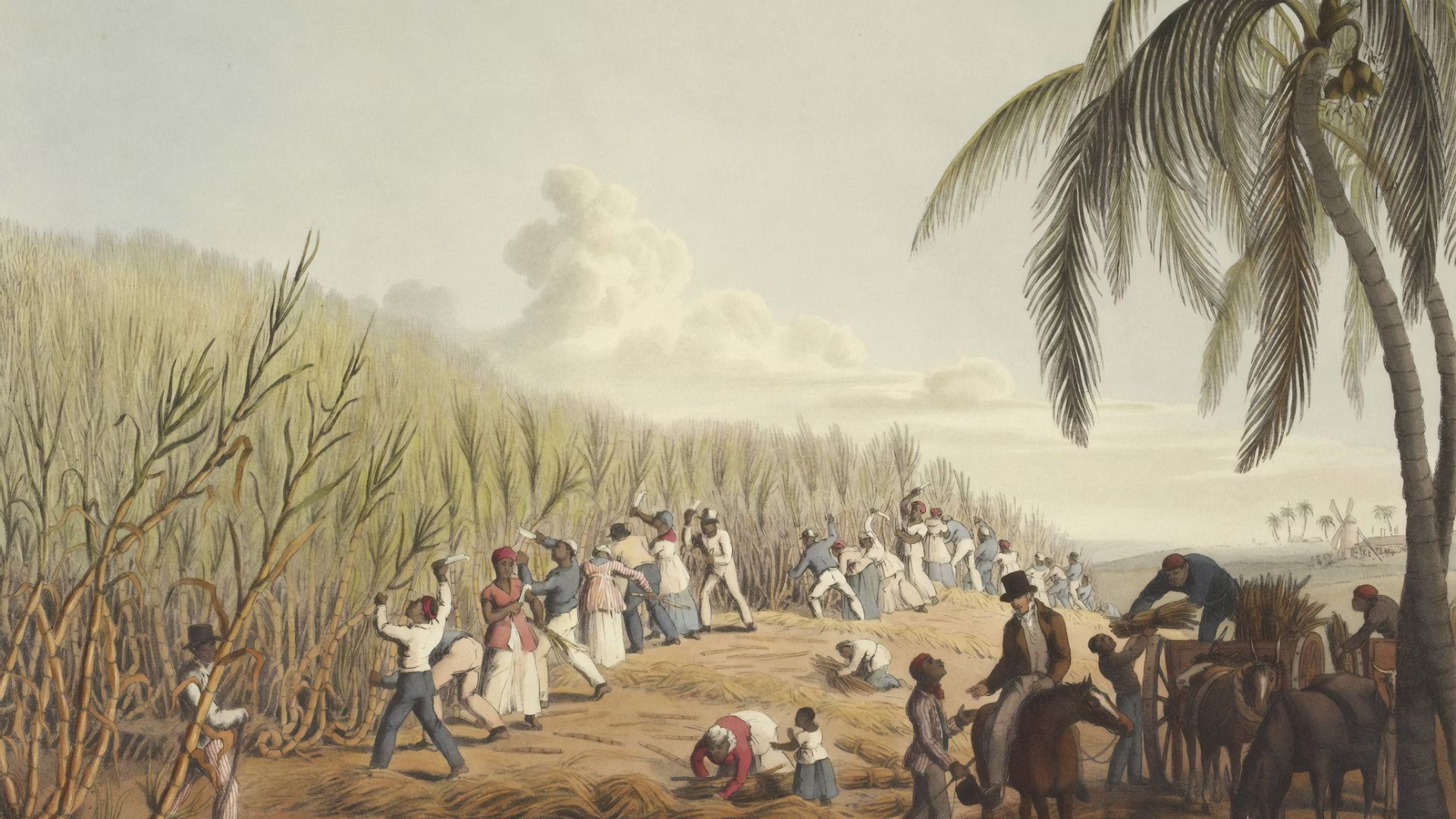
When slaves first came to America, many Christian clergymen had been in favor of slavery. They would quote parts of the Bible, such as 1 Peter 2: 18-25, suggesting that it was exemplary behavior for slaves to suffer at the hands of their masters.
However, there were many other Christians who were trying to push for the abolition of slavery. Quakers made it clear that everyone is “equal in the sight of God,” with various Quaker founders asking their congregants to stop owning slaves. The prominence of Christians calling for abolishment grew, and many believe it was this that helped lead to slavery being abolished for good.
Civil Rights Movement
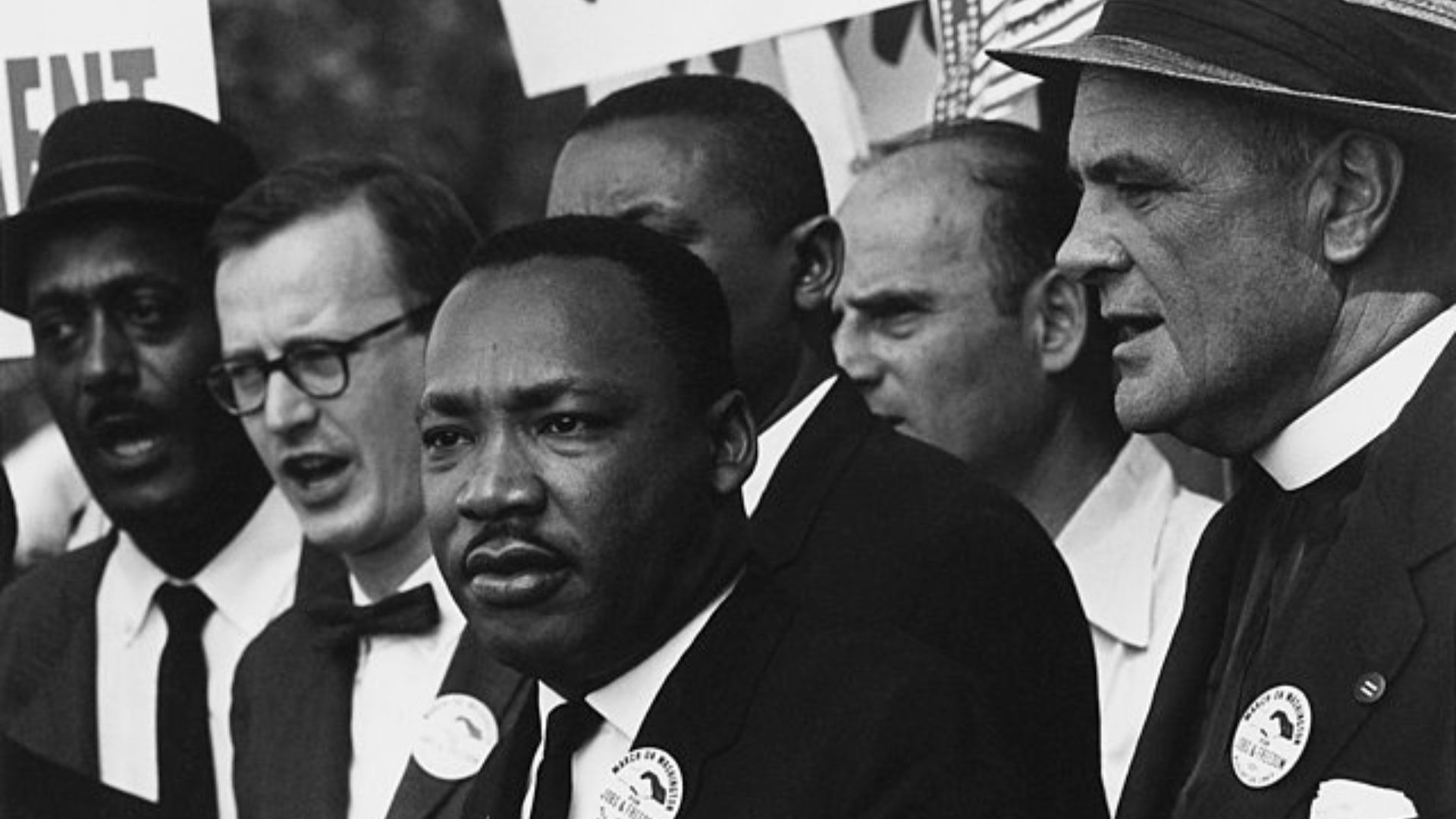
The Civil Rights Movement, which began in the mid-20th century, was led by Christians. It brought together people from various backgrounds, which might not have been possible without Christianity.
Martin Luther King Jr was another prominent figure during this movement and was instrumental in involving different churches. To get people on board with desegregation, he pointed out that it was unequal, scarring to the segregator and segregated, and “it ends up depersonalizing the segregated.” Biblical quotes were used to back up each point.
A Difficult Balance

Even simply within the confines of defining oneself as a Christian in modern America, this is not a uniform identity. Different groups can interpret the same teachings in totally different ways, often causing division. Unsurprisingly, this division is frequently one along political lines.
Christianity is a crucial part of the American identity, but modern America is not a one-faith nation. Individuals, and indeed policymakers, need to critically examine Christian standards and how they permeate into different aspects of American life to ensure a community is built where all can prosper and core Christian values like compassion and justice win out over more insidious, conservative elements.
